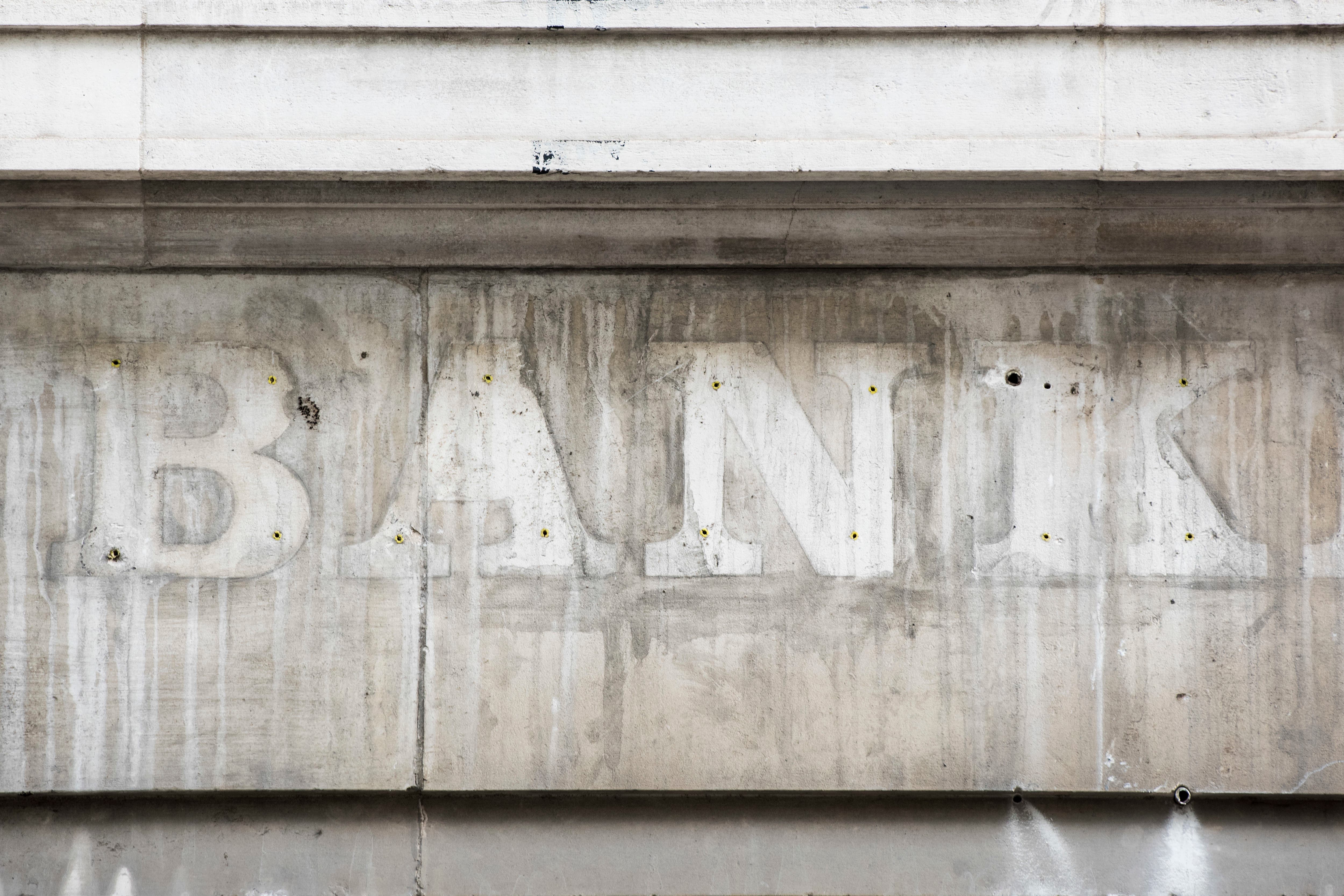FCA warns banks they will ‘act’ if politicians are wrongly denied services
The UK is one of more than 200 countries that have signed up to more financial checks on senior figures in the public eye.

Your support helps us to tell the story
From reproductive rights to climate change to Big Tech, The Independent is on the ground when the story is developing. Whether it's investigating the financials of Elon Musk's pro-Trump PAC or producing our latest documentary, 'The A Word', which shines a light on the American women fighting for reproductive rights, we know how important it is to parse out the facts from the messaging.
At such a critical moment in US history, we need reporters on the ground. Your donation allows us to keep sending journalists to speak to both sides of the story.
The Independent is trusted by Americans across the entire political spectrum. And unlike many other quality news outlets, we choose not to lock Americans out of our reporting and analysis with paywalls. We believe quality journalism should be available to everyone, paid for by those who can afford it.
Your support makes all the difference.An executive at the Financial Conduct Authority (FCA) said the watchdog will “act” if financial institutions wrongly deny politicians or their families access to services.
The UK’s financial regulator said it has already persuaded some firms to change how they perform extra checks on so-called politically exposed persons (PEPs).
It is set to scrutinise how banks are deciding to reject or close down accounts as part of a lengthy review into the treatment of exposed people.
If we find that banks and others are more tick-box than risk-based, we will act. Because proportionate additional financial scrutiny should not make it harder than it needs to be to take part in public life
Writing in the Telegraph, FCA executive director Sarah Pritchard said they are reviewing whether financial institutions are being “proportionate” in their risk assessments of PEPs.
Ms Pritchard said while it is necessary for those in power to be asked for more information than others about sources of wealth, it needs to be an “appropriate level of inquiry”.
“(It) should not feel like the financial equivalent of someone rifling through your bin,” she said.
“We have heard that often it has, particularly for the families of political figures.
“If we find that banks and others are more tick-box than risk-based, we will act. Because proportionate additional financial scrutiny should not make it harder than it needs to be to take part in public life.”
In late June, former leader of the UK Independence Party Nigel Farage had his Coutts bank accounts closed and said he was refused accounts with other banks as a result of his political views.
This resulted in Dame Alison Rose, the CEO of NatWest, the company that owns Coutts, stepping down from her role.
The scandal brought on calls from the Treasury and ministers for the FCA to conduct a review into whether financial institutions are meeting their guidance over the treatment of PEPs and whether that guidance needs to be updated.
Ms Pritchard said the FCA are conducting a review focusing on how “firms are applying the definition of PEPs to individuals” and “checking that firms are being proportionate in their risk assessments of UK PEPs”.
“This sets out that banks and others must be proportionate – with greater scrutiny on those who pose the greatest threat. And we have been clear that UK public figures should generally be considered low risk,” Ms Pritchard said.
We have already persuaded some firms to improve their approach and we will use this review to identify if we need to provide further guidance to firms
Ms Pritchard added that the aims of the review are to keep the “system clean” but not deny PEPs the access to financial products and “services necessary for everyday life”.
The watchdog will consider how firms are conducting risk assessments of UK politicians, their family members and known close associates. It will also check on how banks communicate with their politically exposed customers and review their controls.
Ms Pritchard said: “We have already persuaded some firms to improve their approach and we will use this review to identify if we need to provide further guidance to firms.”
The watchdog will report the findings of its review by the end of June next year.
It is separately investigating the UK’s biggest banks and building societies to find out how many customers have had their accounts terminated or suspended, or been denied banking services, and the reasons why.